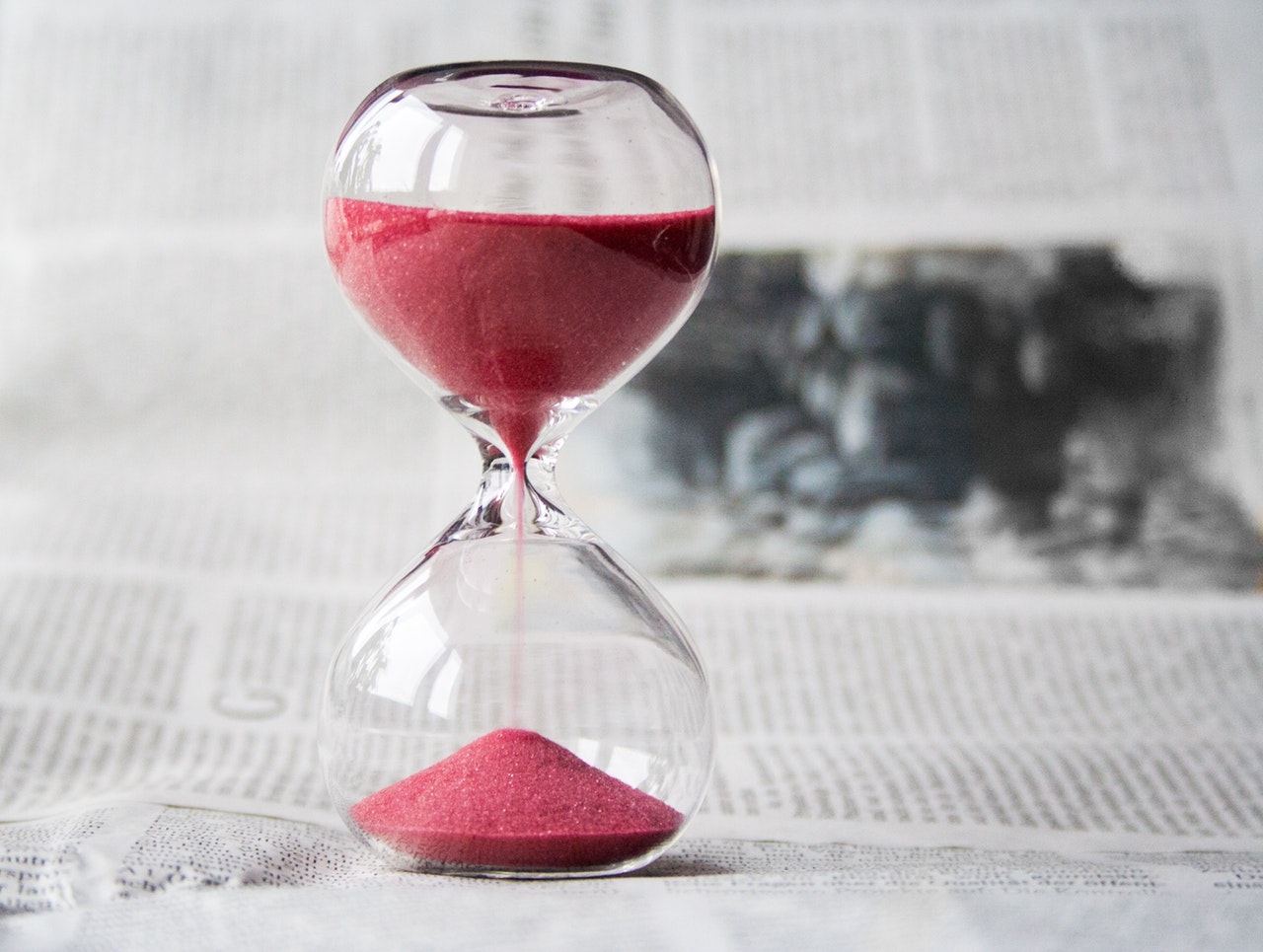Time management is becoming more important in today's world. Responsibilities are increasing for most people in the world and the day still has the same amount of time it has always had. The advent of civilization has produced new responsibilities and different tasks that do not exist before. These responsibilities often lead to massive stress levels from the pressure of getting things done well. Effective time management strategies help to get more done in less time and in many cases, take the pressure off.
The number of tasks a person completes in a day depends on how effective their time management skills are. Time management is not really about managing time but about managing tasks. When the day begins without clarity about what to do, the day is already half-wasted. In some cases, it is important to write down a to-do list of tasks before the day begins. In some other cases, getting started early with the most important task of the day generates the energy level to optimize the rest of the day.
Task management is the best time management technique to make the best of each day. These 5 strategies constitute great time management practices that can help in achieving more in a 24-hour period.
1. Plan your tasks according to your productivity clock
In a previous post about productivity, certain facts were uncovered about the best time to do a task. The brain is much better at getting some tasks done in the morning rather than towards the end of the day. For most people, the morning period is their most productive time for analytical tasks, but that period is often filled with the other kind of tasks thus resulting in a poor workflow. The benefit of doing the right task at the most optimized time is that a task will naturally take less time when the brain is in optimum condition to deal with it. Meanwhile, when the task is done at an odd time for the brain, it takes a lot of time that could have been saved.
This strategy is the most important time management tip. This is the reason why some get 10 tasks in time while others struggle to complete 3 tasks as at when due.
2. Merging similar tasks together
There are similar tasks that can save much time when merged together. The similarity can be via a physical location, personnel, tools or software, or project. Using physical location as an example, you might need to make an enquiry at a legal office, do some transactions at the bank, pick your kids from school and all three places are on the same street or just a few blocks from each other. By doing those tasks one by one at different times of the day, a significant amount of time is wasted. By merging those tasks together and going there once, a lot of time is saved.
One of the biggest time-wasters in the world today is commuting. The merging of similar tasks is particularly aimed at cutting the time spent on the road and in traffic.
3. Delegate
The difference between the one who gets 50 tasks done in a day and one who has barely enough time for 10 is delegating. There is a maximum limit to the number of different tasks one person can do in a day. As more duties arise, it is vital to learn how to delegate less important tasks to other people. Task delegation could mean getting a house assistant, a personal assistant, or an office assistant to do the tasks that should be done but not big enough to warrant your time. This could also mean outsourcing some of your due responsibilities.
Delegation is a good stress management practice. Also, those you delegated to can be better at that one task than you.
4. Eat, sleep and refresh
A bad eating habit or diet does not just impact the body weight, it also impacts the brain energy levels and how productive the body can be. Lack of enough sleep also weakens any time management effort. The body needs energy as well as a light stomach to carry out tasks in the to-do list through the day. Heavy eating and lack of enough sleep can create a worrisome stress level during the day. There are those who take prescription drugs to boost their body functions despite lacking enough sleep, but this has a negative effect over the long term as sicknesses such as high blood pressure can result from it.
It takes little time to eat well, sleep well and refresh (through naps and baths) during the day but it saves a lot of time when getting things done.
5. Take advantage of technology
Technology has made effective time management possible in this century. We have access to tools the previous generations never imagined could be real. We have the internet, mobile phone, social media and myriads of apps that make life a lot easier. Instead of having a physical meeting, you can schedule a phone call. You can chat anyone, get a response in seconds and get urgent tasks quickly sorted.
There are apps to help with project management and even organization (e.g. Google calendar, Trello and Slack). There are apps such as Uber and Lyft whereby you don't have to waste time in traffic. Also, productivity apps such as Focus app which helps to save time by blocking out distractions (especially from social media) when working online. These simple technologies help to save little time with each task which results in getting more done by the end of the day.

